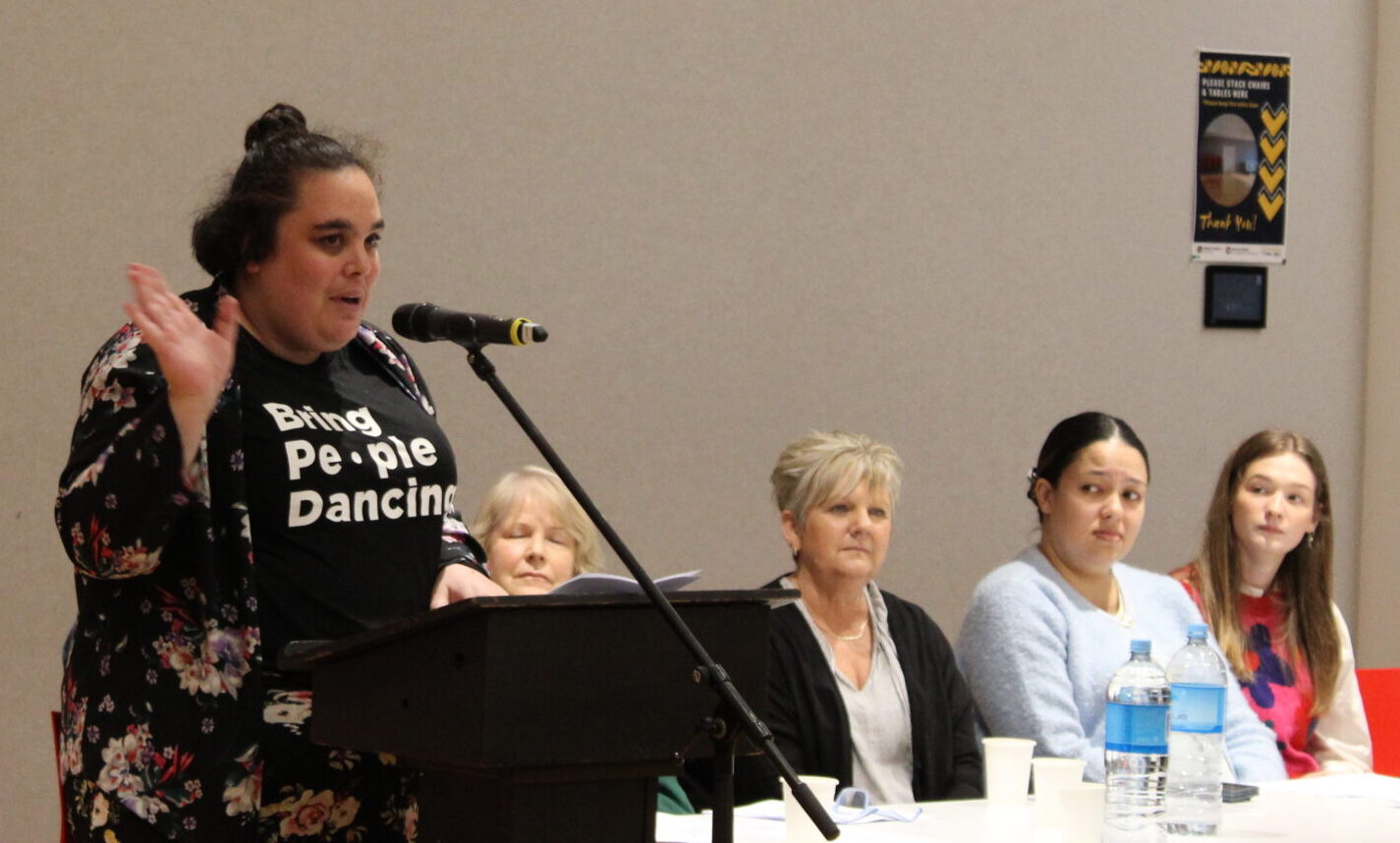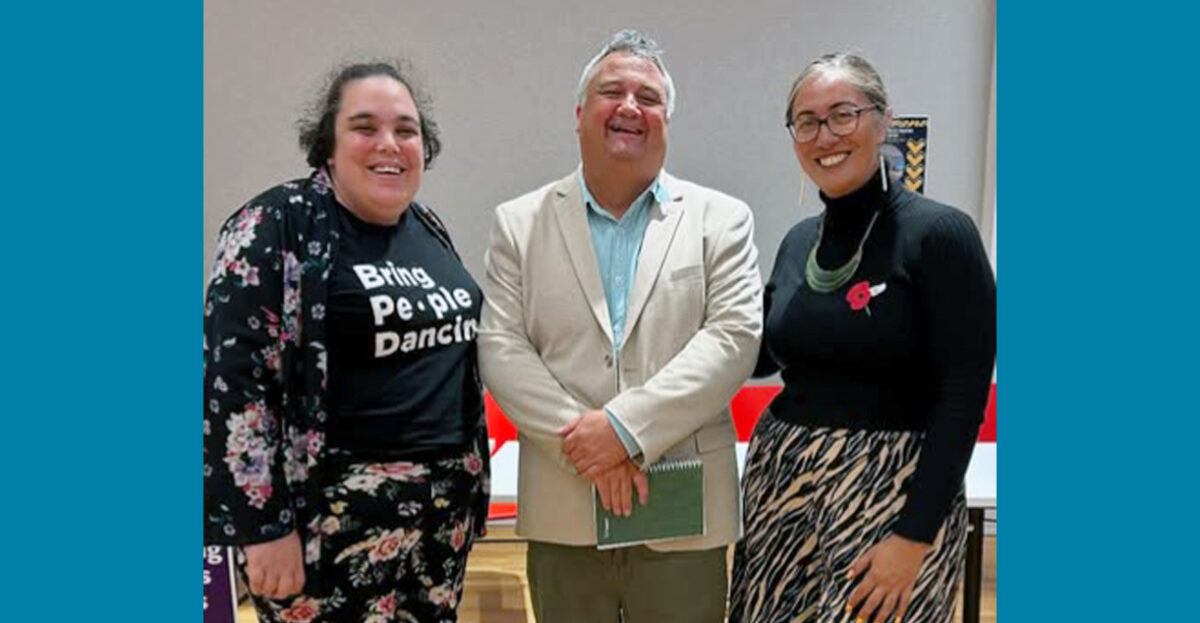I stand before you on behalf of the future of Aotearoa’s health-care system — student nurses.
I started to do my nursing degree as I wanted to help, and work with our most vulnerable — those who might otherwise fall through the cracks. But I can’t do that without finishing my degree.
Over the course of our three-year degree, students are expected to work a minimum of 1100 unpaid clinical hours — that’s about 137.5 full working days.
We’re the unpaid workforce propping up an overstretched, understaffed system.

I say minimum because if we need to repeat a paper for any reason, we have to do redo the clinical hours for that paper.
We’re not sitting in lecture halls during those hours. We’re on the wards. We’re doing real work, taking on up to three patients per shift in some papers, carrying out all their cares, assessments, and documentation—under the supervision of our preceptors, our registered nurses.
We’re the unpaid workforce propping up an overstretched, understaffed system.
I don’t know why student nurses are not paid for our training while police cadets are. Can anyone explain that?
To do these placements, many of us must take unpaid leave from our part-time jobs. Yet we’re still expected to cover things like transport, hospital parking, uniforms, and meals and on top of that, we are still in a cost-of-living crisis.
I don’t know why student nurses are not paid for our training while police cadets are. Can anyone explain that?
‘The future is dropping out’
We’re told constantly we’re “the future of health care”—but the future is dropping out.
According to NZNO’s national student unit (NSU)’s 2023 survey, one in three nursing students drop out in their second year, most of them Pasifika and Māori students. Not because they’re not capable — but because they simply can’t afford to continue.

I personally know students who are living out of their cars, couch surfing, and skipping meals just to be able to show up to placement. I have personally skipped meals and had to rely on the help of others to help me make ends meet while on placement.
It’s scary checking my bank account daily and trying to work out if I can afford both to eat and cover the cost of public transport to my placement that week. More likely than not, it ends with me skipping meals.
And when we finally get to the end of the tunnel, what’s waiting? In the most recent intake, only 52 per cent of new grads were offered a job through the supported-entry programmes NETP (nurse-entry-to-practice) and NESP (nurse-entry-to-specialist-practice). A few years ago, under the previous government, that number was close to 100 per cent.
That’s not a coincidence. That’s a system in crisis.
I want to become a nurse because I want to help change how patients — especially the ones who are struggling — are treated. But right now, we students are the ones struggling to get through our degree without issues.
I’m asking this Government to not forget us when they talk about health care. Fund the system properly. Pay the nurses a fair wage. Ensure we have safe staffing. And yes — pay us student nurses for our clinical placements.
We aren’t asking for a lot, just a chance to be fully present while on placement for our patients.
‘Please care for us’
I am feeling anxious. I’m about to head into my next hospital placement starting in June, which is four weeks of rotating shift work. That means I’m rostered Monday to Sunday, day or night, including public holidays. And as a student, I still am expected to give my everything through those shifts, likely as long as 12 hours, which means I am unable to work part-time to support myself.
So, I ask MPs, when you next sit in Parliament to think and ask yourself: Why are you giving landlords tax cuts while our health-care system is left to carry the cost?
I stand here on behalf of the next generation of nurses. We are ready to care for this country. We just need this country’s Government to care for us too.
NZNO nursing students’ petition for paid training can be found here.
Kaitiaki invited Minister of Health Simeon Brown to respond to Budgen’s fears for nursing students. However his office did not respond.
- Megan Budgen is a third-year Māori nursing student, a member of the NZNO national student unit’s Māori arm Te Rūnanga Tauira, and a student representative at Auckland University of Technology’s school of nursing. This article is drawn from her kōrero at NZNO’s April 16 community hui for health in Waitematā which can be watched in full here. The next hui is on May 15 in Ōtautahi/Christchurch.
See also: We are burning out by nurses Imelda Rokoua and Ngakokotoru Ngaporoveta and the: Soul-crushing work of a nurse today by RN Sophie Tomes.





